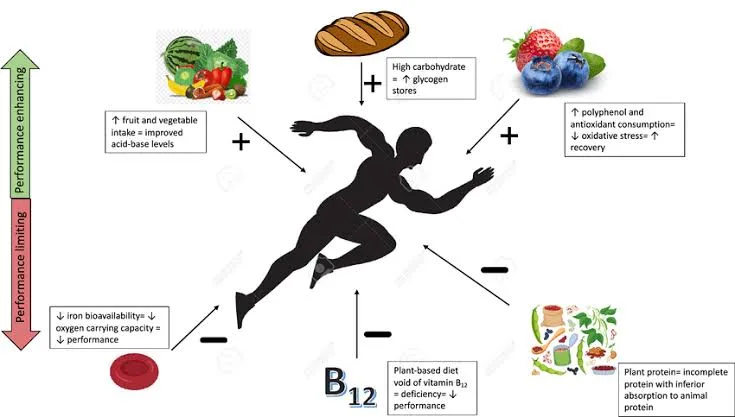The shift towards plant-based diets represents a growing trend globally, fueled by an array of motivations ranging from personal health concerns to environmental consciousness and ethical considerations.

Embracing a plant-based diet entails prioritizing foods derived from plants, including fruits, vegetables, grains, nuts, seeds, and legumes, while minimizing or eliminating animal products such as meat, dairy, and eggs.
Promoting Overall Health and Well-being

One of the primary benefits associated with plant-based diets is their potential to improve overall health and well-being.
Numerous studies have linked plant-based eating patterns with a reduced risk of chronic diseases, including heart disease, diabetes, hypertension, and certain types of cancer.
Dr Gemma Newman outlines the many reasons why switching to a plant-based diet can be beneficial!
Read more here – https://t.co/8bEo9F2sIj pic.twitter.com/jvTgVlAiqX
— Plant Based News (@PlantBasedNews) February 20, 2024
By focusing on nutrient-dense plant foods, individuals can naturally lower their intake of saturated fats and cholesterol while increasing their consumption of fiber, vitamins, minerals, and phytonutrients essential for optimal health.
Environmental Impact and Ethical Considerations

Additionally, plant-based diets are gaining recognition for their positive environmental impact.
Livestock agriculture, particularly the production of beef and dairy, is a significant contributor to greenhouse gas emissions, deforestation, water pollution, and habitat destruction.
Transitioning towards plant-based eating can help mitigate these environmental issues by reducing the demand for animal agriculture and the resources associated with it, such as land, water, and feed crops.
Ethical considerations also play a significant role in the adoption of plant-based diets. Many individuals are motivated by concerns about animal welfare and the ethical implications of consuming animal products.
By choosing plant-based alternatives, they align their dietary choices with values of compassion and respect for animal life, supporting a more humane and sustainable food system.
Challenges of Transitioning to Plant-Based Diets

Despite the numerous benefits, transitioning to a plant-based diet can present certain challenges.
One common concern is ensuring adequate nutrient intake, particularly for essential nutrients such as protein, iron, calcium, vitamin B12, and omega-3 fatty acids, which are more abundant in animal-derived foods.
However, with proper planning and attention to food choices, it is entirely feasible to meet nutritional needs on a plant-based diet through a diverse and balanced selection of plant foods, fortified products, and, if necessary, supplements.
Social and Practical Considerations
Social factors and practical considerations also come into play when adopting a plant-based lifestyle. Navigating social situations, dining out, and finding suitable options in non-vegetarian settings can present challenges for some individuals.
However, with increasing awareness and availability of plant-based alternatives, these obstacles are becoming more manageable, and plant-based eating is becoming increasingly accessible and mainstream.
Conclusion

In conclusion, the rise of plant-based diets reflects a broader cultural shift towards more conscious and sustainable food choices.
By embracing plant-based eating, individuals can not only improve their health and well-being but also contribute to environmental preservation and ethical treatment of animals.
While challenges may arise along the way, the benefits of adopting a plant-based diet are compelling, both for personal health and the planet as a whole.






